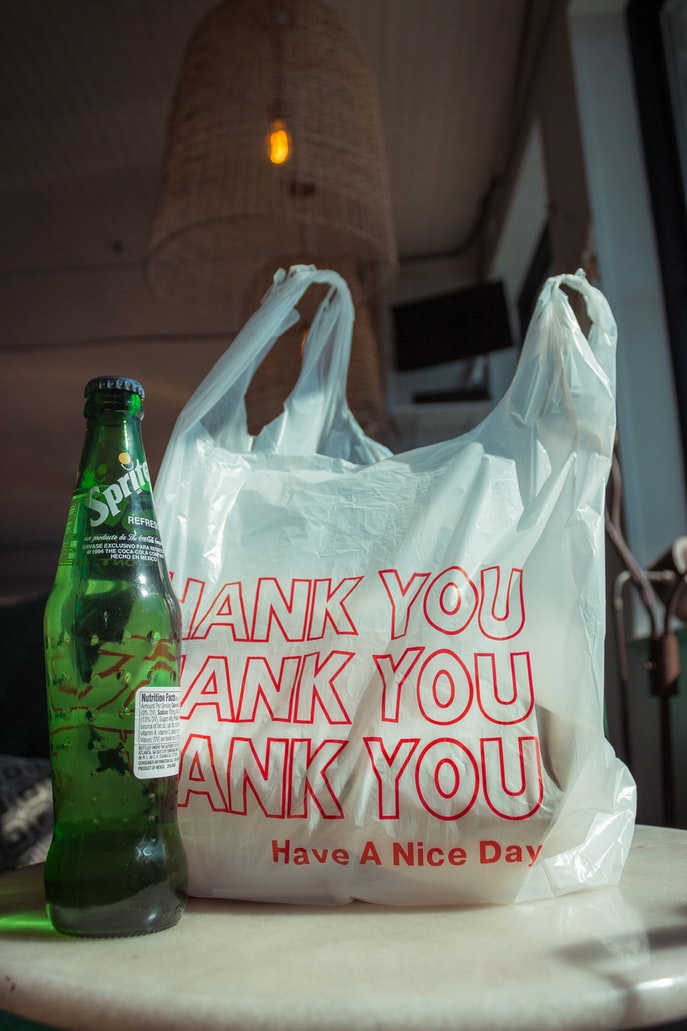Staff Ed: Consumers can only do so much to protect the environment
2 min read
Griffin Wooldridge / Unsplash Executive Order #77 aims to reduce plastic pollution.
by The Blue & Gray Press Editorial Board
The recent plastic bag tax passed in the city of Fredericksburg is a true testament to the fact that everyone, no matter how big or small of an influence they have, is trying to make an effort to help our environment. One of the larger influences is the University of Mary Washington, who sent out various emails over the summer about the fact that Governor Ralph Northam issued Executive Order #77. The legislation is aimed to reduce the use of plastic pollution and limit Virginian facilities’ use of plastic.
While it is important for everyone to play a role in this issue, these laws negate the fact that only 100 companies have made over 70 percent of the world’s greenhouse gasses since 1998. Why, then, are consumers forced to make lifestyle changes when companies are the ones to blame?
Laws like Executive Order #77 gloss over the incredible need for real climate change action.
According to Orsted, a renewable energy company, we need to halve the use of global emissions by 2030 in order to avoid climate catastrophe. This would include not only limiting our use of fossil fuels but also completely changing the way we work and operate to incorporate a lifestyle that does not rely on them.
The prospects of changing our lifestyles may seem daunting and scary, but it doesn’t have to seem entirely negative. Working towards a world without a reliance on fossil fuels could create entirely new industries of job promotion that would help lower inequalities and promote economic growth.
A lifestyle change does not, however, rely on the consumer. By switching from plastic straws to paper straws, we are doing nothing but putting a bandaid over an amputation. Instead, we need to encourage our lawmakers to hold these businesses accountable and create laws that limit what they can do. This includes setting and maintaining emissions regulations, enacting taxes for businesses that do not comply with environmental standards and creating incentives for people to not have to rely on a world powered by fossil fuels.
Furthermore, the idea that consumers can end climate change is harmful. This notion increases the likelihood of greenwashing on products, which is when a company presents a product as environmentally sustainable when it is not. This can create a false state of positive impact when the product itself could be negatively impacting the environment.
The average consumer cannot be informed enough to know what specifically is helping or hurting the environment. Giant fossil fuel companies have, however, invested in research for centuries, and they have the capability to change how they operate.











